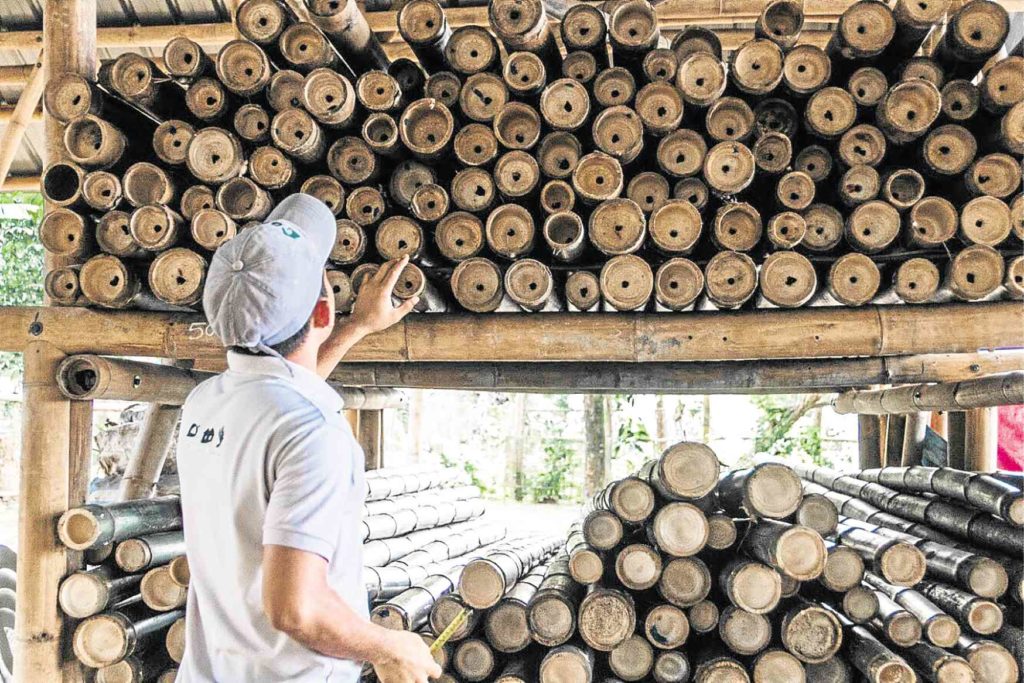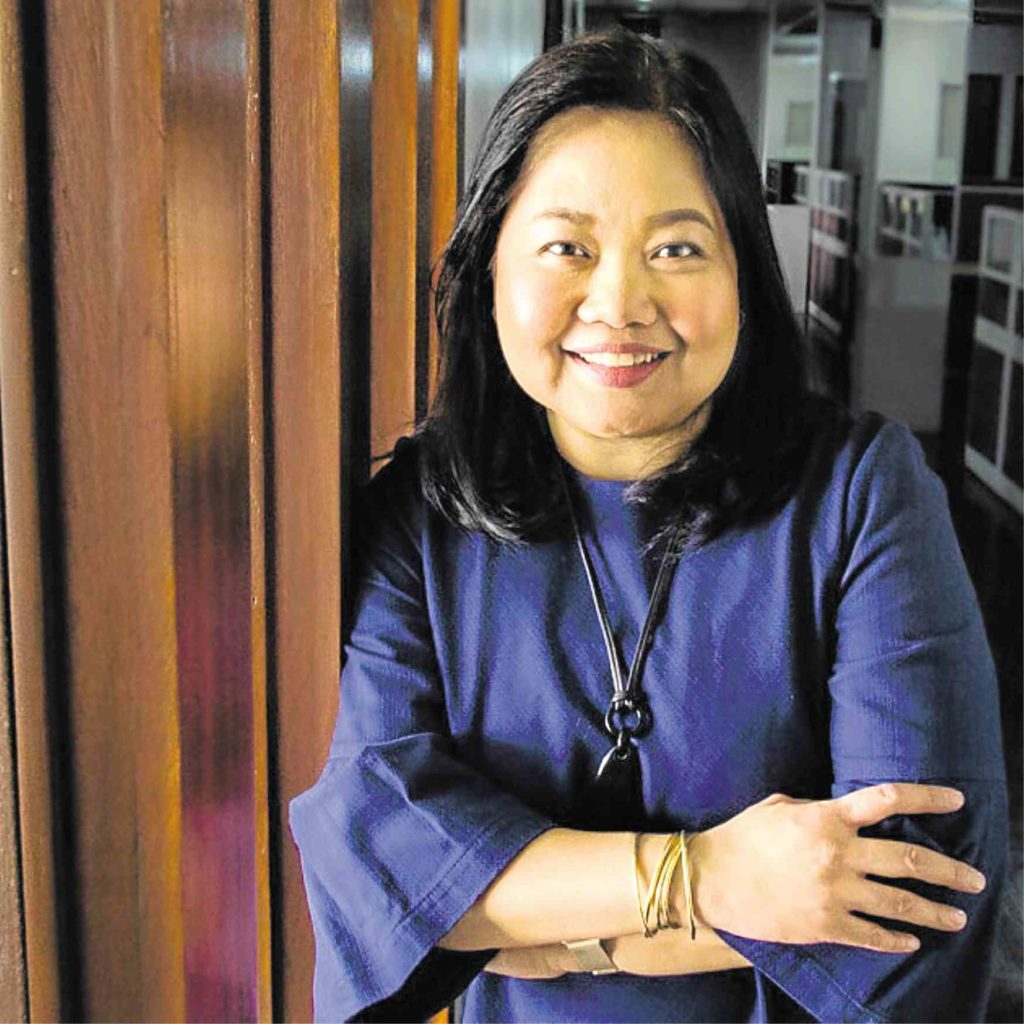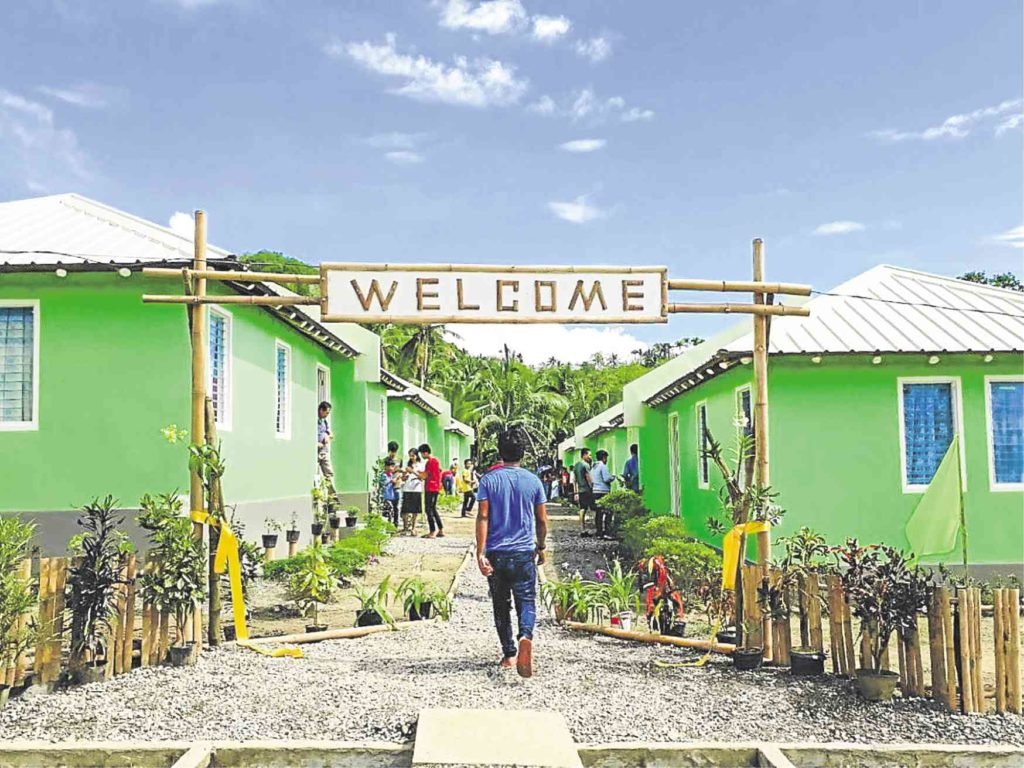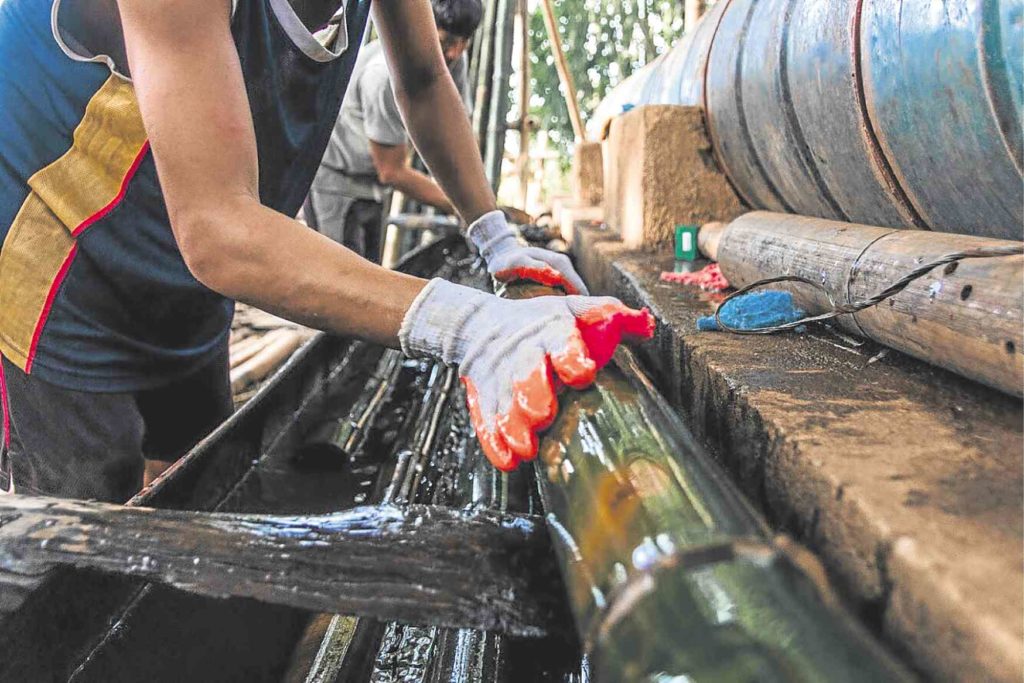Bamboo comes to save the day
We build a better future today—from base to bahay (house).”
This is the promise of Base Bahay: To provide Filipinos—especially those at the “bottom of the pyramid”—sustainable and resilient mass housing made from local and renewable materials.
And since 2014, the nonprofit social enterprise has made good on that promise by partnering with other groups to build homes for Supertyphoon “Yolanda” survivors, resettled urban poor communities, families with members who are elderly or with special needs, and indigent communities.
What sets Base Bahay apart is the main material it uses to construct these houses: Bamboo, using cement-bamboo frame (CBF) technology, which merges Philippine tradition and innovation with Latin American and European engineering, and is accredited by the Accreditation of Innovative Technologies for Housing (AITECH), says Base Bahay general manager Maricen Jalandoni.
“Base Bahay has impacted the lives of over 2,000 individuals in less than three years through almost 400 bamboo houses in Tacloban City, Iloilo, Samar, Bacolod City, and Metro Manila. There are over 300 more homes in the pipeline this year,” Jalandoni adds. “[We] advocate the CBF technology as a reliable and predictable local building concept. We openly share our research results with government and professional entities, and contribute to the process of nationwide legal approval schemes.”
Article continues after this advertisementStarting as an initiative of the Hilti Foundation, which supports various projects focused on education, science, and social development, Base Bahay, aside from providing the housing technology, takes care of the training, planning, and quality control across its projects with partners, including Gawad Kalinga, Vincentian Missionaries Social Development Foundation, Daughters of Charity, Homeless People’s Federation, Operation Blessing, and local government units.
Article continues after this advertisementIts projects are in Bagong Silangan, Quezon City; Estancia, Lanit and Jaro in Iloilo; Palanog, Tacloban; Cambayan, Basey, Samar; Cabug, Bacolod; Sorsogon City; Batangas; and Bukidnon.

One of the bamboo species Base Bahay uses is the bambusa blumeana, known locally as “kawayang tinik.”
While the houses’ cost varies depending on wind zone, terrain and weather conditions of the area, Jalandoni says that given favorable land conditions—“meaning that it is flat and ready for the houses to be built on, has easy access for transport, and is in close proximity to available bamboo supply and treatment”—the price averages at P230,000 for each 25-square meter home.
The organization’s value proposition is that, thanks to its exclusive CBF system, these homes are disaster-resilient, such that they can withstand Category 5 typhoons, with wind speeds ranging from 200 to 220 km per hour.
One of the bamboo species it uses is called bambusa blumeana, known locally as “kawayang tinik.”
“The bamboo pole, as a structural component, is selected according to specific requirements such as age, diameter, and wall thickness, and must be free of cracks and insect infestation,” explains Jalandoni. “The bamboo is treated in an environmentally safe and effective method to provide long-term resistance against insects and molds.”
The communities it helps are heavily involved in the construction of their homes, with both partners and beneficiaries included in the whole process, from design to execution.
“Everyone is given equal opportunity to participate as farmers, workers and beneficiaries. Base creates value through the whole process of harvesting bamboo, treatment, and construction by developing skills through trainings providing livelihood and, finally, a shelter that will open up doors of opportunity and access to basic services,” says Jalandoni. “We teach the farmers the proper and sustainable way of harvesting bamboo so as not to deplete the supply, and to ensure that [they] will have a continuous source of income.”
Come construction time, Base Bahay then trains all the community’s stakeholders, including soon-to-be homeowners, on the CBF technology.
“Through the provision of a decent and resilient houses, we transform the lives of low-income Filipino families living in disaster-prone and hazardous areas,” adds Jalandoni.
The group’s name is inspired by two things. First are the people Base Bahay serve: Those at the base of the pyramid, or the “can’t afford” segment who are the most vulnerable and have the most difficulty attaining their own homes. Second is why they serve these communities, says Jalandoni.
“The home becomes the foundation that allows them to go about their lives. A permanent house like this is an access point to various basic government and nongovernment services, as well as an opportunity to build and grow as a family and [as a] community—and eventually transform their lives for the better,” she says.


